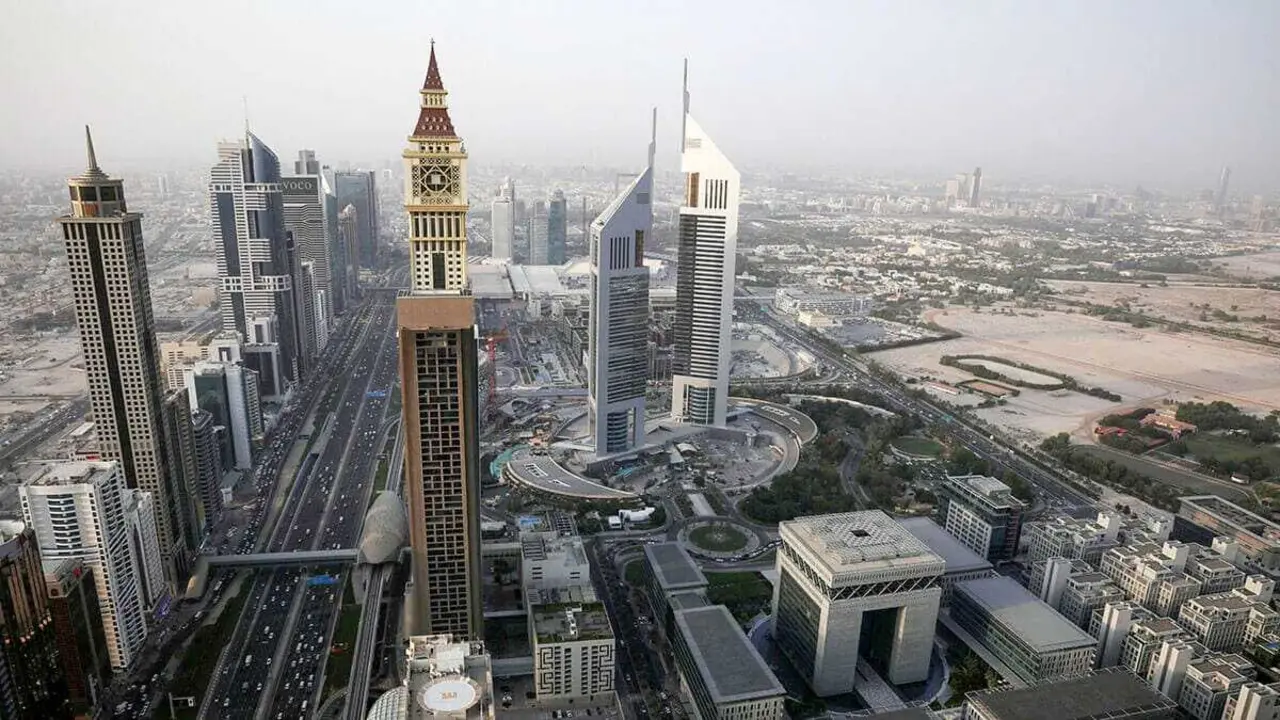Iran to supply electricity to Iraq until 2021
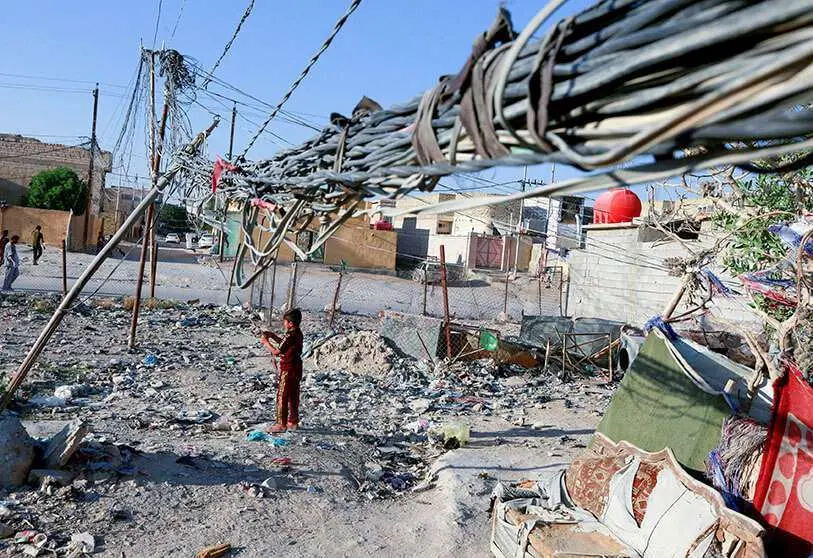
In times of coronavirus, the most affected countries tend to seek refuge in their traditional allies. This is the case of Iraq with Iran, as the pandemic has dealt a severe blow to the country's already damaged economy, endangering access to basic goods such as electricity, a network weakened by terrorism, corruption and politics, as analyst Nawar Alrikabi reports in the EFE agency.
Thus, the Iranian Minister of Energy, Reza Ardakanian, in an interview with the local news agency IRNA, has announced the signing of a contract with his Iraqi counterpart for the export of electricity for a period of two years, until 2021. The value of the agreement amounts to 800 million dollars, half of which has already been paid out taking advantage of Ardakanian's visit to Baghdad.
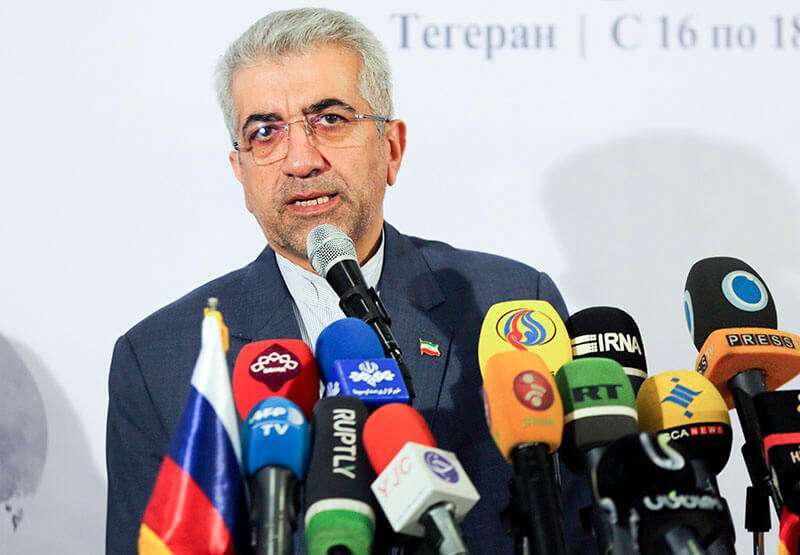
In addition, according to the publication, "both parties reviewed previous agreements and a three-year plan to rebuild the Iraqi electricity industry by the Iranian private sector". The strategy will begin to be developed over the next week when a delegation of Iranian technicians and experts will travel back to Iraqi soil to sign two more contracts with the aim of "reducing power grid losses and repairing electrical equipment", according to IRNA. "The development of electricity cooperation between Tehran and Baghdad, the synchronization of electricity networks, the establishment of cooperation in training and the development of electricity networks are among the issues that will be discussed by both parties," the agency said.
"It is in the interest of the Islamic Republic that its neighbors have an appropriate situation in the electricity sector," the Iranian minister said during his trip to Iraq. "And we are ready to expand cooperation with our brotherly and friendly country," he reiterated. It should be remembered at this point that Iranian energy imports are subject to the sanctions regime imposed by the United States, although it is true that an exemption is currently in force - approved on May 6 for a period of 120 days - which allows Baghdad to buy energy from Tehran in order to, according to Washington, support the new Iraqi government, headed by Prime Minister Mustafa al-Kadhimi, to " succeed" and provide "some stability" to the politically fractured nation.
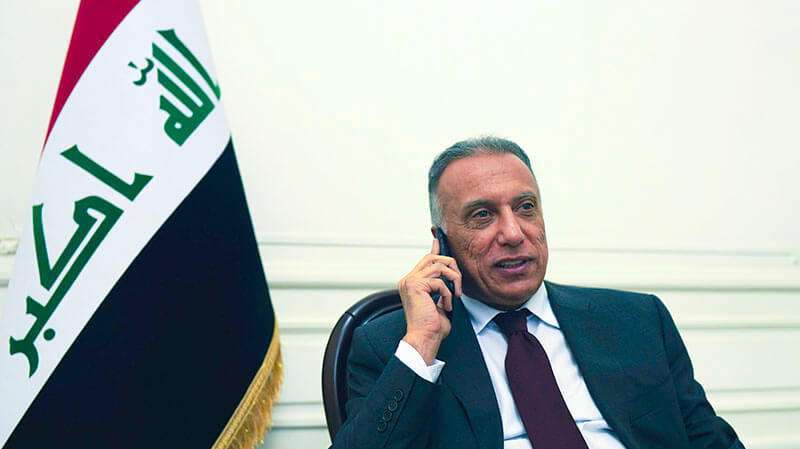
The power grid in Iraq is in a deplorable state. Every day, there are, on average, about 15 hours of blackouts, depending on the location of the country. Currently, the power production capacity is 13.5 megawatts per day, although the facilities allow for up to 17 megawatts. In any case, this is not enough to meet the more than 20 megawatts that the network may demand, as Alrikabi explains. In addition, the system is totally deficient: the total amount collected barely covers 10% of the network's operating costs. Also a problem are electricity subsidies, which cost the public purse about $12 billion a year. "Equivalent to about five months of total net revenues at current prices, this burden is particularly serious when the country's fiscal health is as vulnerable as it is now," warns Paris-based energy analyst Ali Al Saffar at The National.
This is why the International Energy Agency (IEA) is also working to alleviate the electricity challenges in Iraq. They believe that "the most affordable, reliable and sustainable route requires reducing grid losses by at least half, strengthening regional interconnections, using captured gas in efficient power plants and increasing the share of renewable energy in the mix". "When measures are taken to reduce demand and increase available capacity, Iraq could establish a capacity margin by 2030 (where available capacity exceeds peak demand). At that point, grid supply would be available to the majority of consumers 24 hours per day," they say.
The Ministry of Electricity revealed exclusively to The National last September that they hoped to reach a power generation capacity of 22 gigawatts by the summer of 2020, plans that have been thwarted by the outbreak of the coronavirus crisis. At the time, the World Bank estimated the cost of rebuilding Iraq's power sector at $150 billion. On the table of the Baghdad authorities is also the energy transition: in 2030, it is expected that 20% of the country's energy will come from clean sources. But in a horizon of barely ten years, the work that remains to be done seems, under current conditions, unachievable.
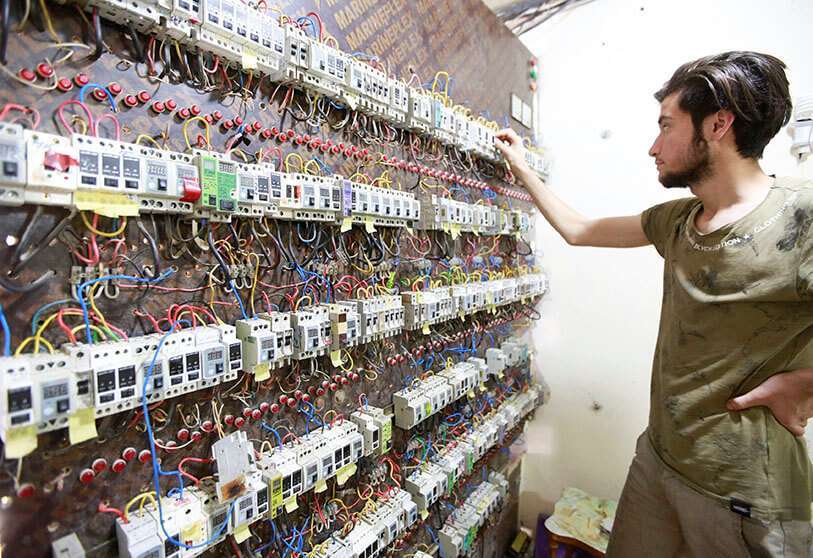
The relationship between Iraq and Iran has been in good health in recent years. In the field of cooperation, Tehran has committed itself to contributing to the development of Baghdad, with a clear objective: to keep it in its orbit of influence in the Middle East scenario. To this end, it has intensified its commercial relations, especially in the field of energy, a sector that has been deeply damaged in Iraq, despite its oil resources.
An example of this took place last April 2019, when the two countries agreed to develop two oil fields on their border. This pact comes after the request of the Iranian President, Hassan Rouhani, in a meeting in Teheran with the Iraqi Prime Minister, Adel Abdul Mahdi, to increase trade in gas, electricity and oil between the two states, until reaching, in the short term, bilateral relations worth 20 billion dollars, then quantified at 12 billion dollars.

